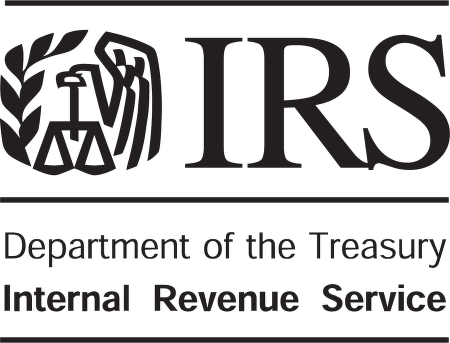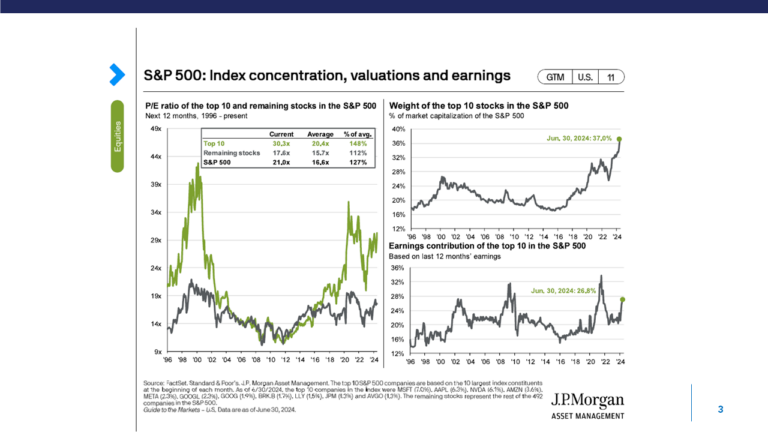Imagine this scenario: you’ve left your old employer and you want to roll your $100,000 401k to an IRA you have elsewhere. You file the appropriate paperwork and the 401k provider mails you a check in your name for the $100,000. Then, unexpectedly, your brother in California dies. You rush out to be with your family during this difficult time. Meanwhile, you forget to deposit the check to your IRA and more than two months pass before you remember.
Under this scenario, the IRS would consider the full $100,000 as a taxable withdrawal because you did not deposit the check in an IRA within 60 days. The taxes and penalties alone could amount to more than $25,000. In the past, you would have to request a private letter ruling, which doesn’t guarantee a waiver and costs $10,000 just to file.
The new IRS rules announced on August 25th, allow for a “self-certification” process, which will facilitate a waiver of taxes and penalties if the person making the claim experiences one or more of the following eleven circumstances:
- an error was committed by the financial institution receiving the contribution or making the distribution to which the contribution relates.
- the distribution, having been made in the form of a check, was misplaced and never cashed.
- the distribution was deposited into — and remained in — an account that the taxpayer mistakenly thought was an eligible retirement plan.
- the taxpayer’s principal residence was severely damaged.
- a member of the taxpayer’s family died.
- the taxpayer or a member of the taxpayer’s family was seriously ill.
- the taxpayer was incarcerated.
- restrictions were imposed by a foreign country.
- a postal error occurred.
- the distribution was made on account of a levy under§ 6331 and the proceeds of the levy have been returned to the taxpayer.
- the party making the distribution to which the rollover relates delayed providing information that the receiving plan or IRA required to complete the rollover, despite the taxpayer’s reasonable efforts to obtain the information.
The IRS has a standard letter and procedure for taxpayers to follow if they fall under these circumstances. This is welcome relief, making the process of appealing for a waiver easier and less expensive.
Here is a link to the IRS publication on this topic.
Steven Elwell, CFP®
Sept. 2, 2016


